The Things Every Expat Wished They Knew Before Moving to Phuket
Relocating to a tropical island sounds like a dream, and for many expats, Phuket delivers on its promise of sunshine, sea breezes, and a laid-back lifestyle. But even paradise comes with practicalities. There are a few things to know before moving to Phuket that can make your transition smoother and your expectations more realistic.
Whether you’re retiring, working remotely, or relocating with your family, here are the insights most expats wish they had known before making the move.
1: The Real Cost of Living in Phuket
Living in Phuket is often assumed to be cheap, and for the basics, that’s true. Local food, fresh markets, transport, and services can be very affordable. But if you enjoy fine dining, imported wine, beach clubs, or high-end gyms, you’ll find your monthly costs creeping closer to Western prices.
- Rent can be high, especially in high season (December–March) or in areas like Laguna, Kata, and Nai Harn.
- Electricity bills soar with constant air conditioning.
- Imported goods and certain healthcare treatments cost more than expected.
Phuket can be cheap – or maybe not. It depends on your lifestyle. You can eat local food and live simply, or you can enjoy beach clubs, wine bars, international dining, and private fitness coaches.
Tip: Many expats live comfortably on a modest budget, but Phuket can also be a high-end lifestyle destination, it all depends on your choices.
For a detailed breakdown by category, see Guide: Cost of living 2025
2: Rental Costs Can Surprise You
Another major thing to know before moving to Phuket is the cost of housing. Rent has steadily increased, especially in high-demand areas like Bang Tao, Surin, Rawai, and Kata. Moving to Phuket often starts with a rental property. This gives you time to explore the island and choose the area that fits your lifestyle. But many expats underestimate the seasonal rental market.
- Rental prices spike in peak season, and good villas or condos get snapped up quickly.
- Some areas feel lively in high season but extremely quiet from May to October.
Tip: Rent during the low season first if possible. It’s cheaper and gives you a realistic sense of year-round life.
3: Understanding Visas and Immigration
Thailand has various visa options, but navigating them can be confusing:
- Retirement visas, education visas, business visas, and Elite visas all have different requirements.
- You must report to immigration every 90 days, which many new expats don’t realize.
- Work permits are mandatory if you plan to earn money legally in Thailand.
A key rule many expats miss: you must check in with Thai Immigration every 90 days, even with a long-stay visa. It’s a simple process, but easy to forget.
Tip: Work with a reliable visa agent or legal expert when moving to Phuket to avoid headaches and overstays.
4: Property ownership in Phuket: What Newcomers Should Know (2025)
Thailand has very specific rules on property ownership. Foreigners cannot own land outright, so most buy condos freehold or villas through leasehold arrangements. This is most definitely one of the most important things to know before moving to Phuket.
- Not all projects are legally structured for foreign buyers.
- Misunderstandings about lease renewals and nominee structures can lead to legal trouble.
- It’s essential to work with an experienced real estate agency and a licensed property lawyer.
Tip: For peace of mind, choose a foreign freehold condominium or a legally structured leasehold villa in popular expat areas like Rawai, Nai Harn, Bang Tao or Laguna.
New to the rules? See Guide: Buying as a foreigner and Guide: Leasehold
Paperwork & budgeting: Guide: Transfer documents · Guide: Hidden costs
5: International School Fees Can Be a Shock
If you’re moving to Phuket with children, you’ll have access to excellent international schools – British, American, and IB curriculum options are all available.
But quality comes at a cost:
- Tuition fees at top schools like HeadStart, and BCIS can reach THB 400,000 – 700,000+ per child per year. But the top schools line UWV and BISP might be as much as 1.5 million THB including everything.
- Some schools have waiting lists, especially for younger age groups.
Tip: If education is a priority, plan your budget early and choose accommodation near your preferred school zone.
School options & locations: Guide: International Schools in Phuket
6: High-Season Traffic Is a Real Issue
Phuket may be a tropical island, but don’t expect quiet roads. During peak tourist months, traffic jams are common, especially:
- Between the airport and beach towns
- Around shopping malls and international schools
- On weekends and public holidays
Tip: Choose your location wisely – being closer to work, school, or your favourite beaches will save you hours each week.
7: Culture Shock Is Real: But That’s Okay
Life in Thailand moves at a different pace. There are cultural norms, language barriers, and bureaucratic differences that take time to adjust to. The bureaucracy can be a challenge for newly arrived expats. Setting up a bank account, getting a Thai SIM card, or applying for a driver’s license can take longer and sometimes involve a little patience.
Points to remember:
- Things don’t always happen quickly – patience is essential.
- Not all locals speak English, especially in government offices.
- Western expectations of customer service may not always apply.
Thai culture values patience, politeness, and calm communication. Westerners may need time to adjust to this softer, more indirect approach to life.
Tip: Stay humble, learn some Thai phrases, and embrace the differences. It gets easier with time.
First-year tips: Guide: Life in Phuket as an expat
8: Healthcare in Phuket Is World-Class
Phuket is home to several international-standard hospitals, including Bangkok Hospital, and Siriroj. You’ll find:
- English-speaking doctors
- Modern facilities
- Reasonable prices for general care
However, treatment costs can be high without private insurance. While expats can access public hospitals, most prefer the speed, cleanliness, and international staff of private options.However, the prices may be the same as Europe in the top hospitals, and expat health insurance is highly recommended to cover emergencies, surgeries, or specialist care.
Tip: Do some research into health care and insurance options before you make a move to Phuket.
Planning ahead? Guide: Retire in Phuket covers insurance & care basics
9: Making Friends and Finding Community
Many newcomers worry about feeling isolated. Fortunately, Phuket has a welcoming international community.
- Co-working spaces for digital nomads
- Social sports (tennis, paddle, football, Muay Thai)
- Events, meetups, and online groups (Facebook, Line)
Tip: Whether you’re a retiree or a remote worker, it’s easy to find your tribe.
10: Be Careful When Setting Up a Thai Company: Another One of the Important Things to Know Before Moving to Phuket
Many expats consider starting a business or buying property through a Thai company. While this might seem like a quick and easy workaround, especially for land ownership or running a small business, it’s not without serious legal risks.
Thai law prohibits the use of nominee shareholders, where foreigners use Thai nationals as “fronts” to meet local ownership requirements. In recent years, the government has begun cracking down on these arrangements, with increased investigations and penalties for those involved. If you’re considering this route, it’s absolutely essential to fully understand the risks.
Tip: Just because something is common doesn’t mean it’s legal. Always prioritise transparency and compliance to avoid future complications.
FAQ ( Frequently Asked Questions): About Things to Know Before Moving to Phuket
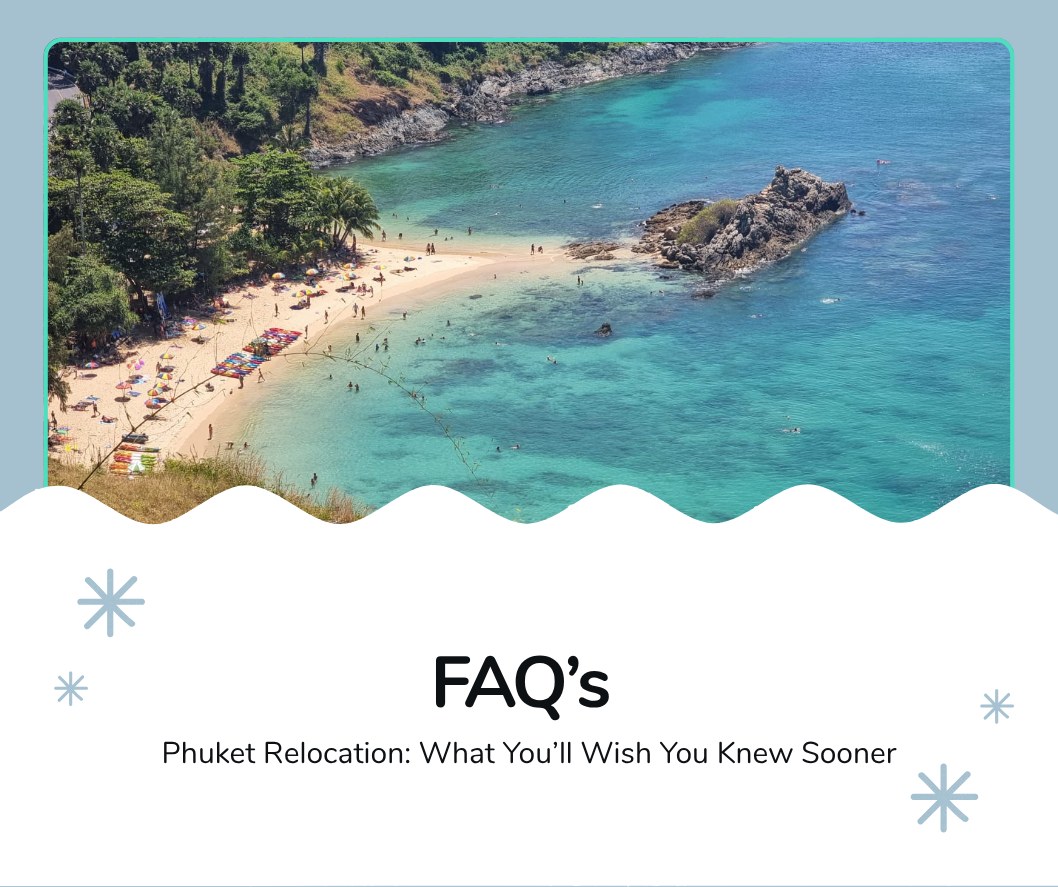
Is Phuket expensive to live in?
It depends on your lifestyle. You can live modestly on THB 30,000-50,000/month or spend significantly more if you enjoy luxury dining, clubs, or private schools.
Is it legal to own property in Phuket as a foreigner?
Yes, foreigners can buy condos freehold and lease villas legally with the right structure. Opening a Thai company to own landed property with nominee shareholders is illegal in Thailand. Always seek expert legal advice.
How easy is it to get a visa for Phuket?
Thailand offers various visa options, but the process can be complex. Retirement and Elite visas are popular among long-term expats.
Which are the best areas in Phuket for expats?
Nai Harn, Rawai, Chalong, Kata, Laguna, and Bang Tao are among the most popular, each with its own vibe and amenities.
Final Thoughts
We hope you learned something from our article about things to know before moving to Phuket. Phuket is a dream destination, and for many, moving here turns out to be the best decision of their lives. But doing your research, understanding the realities, and preparing financially will make the transition smoother.
From property purchases to school fees and lifestyle choices, there’s more to island life than sunsets and pad Thai. But with the right mindset and a little planning, Phuket truly is paradise.
Ready to Begin Your Life in Phuket?
Whether you’re buying a condo, moving your family, or retiring in paradise, Thai Residential is here to help. With decades of experience and honest, expert advice, we’ll guide you through every step.
Get in Touch | Call Now On: +66 9484 11918
Disclaimer: The information contained in this article is provided for general informational purposes only and does not constitute legal, financial, or investment advice. While every effort has been made to ensure accuracy at the time of publication, property laws and regulations in Thailand are subject to change. Readers should always seek independent legal advice from a qualified Thai lawyer before making any property-related decision or transaction.
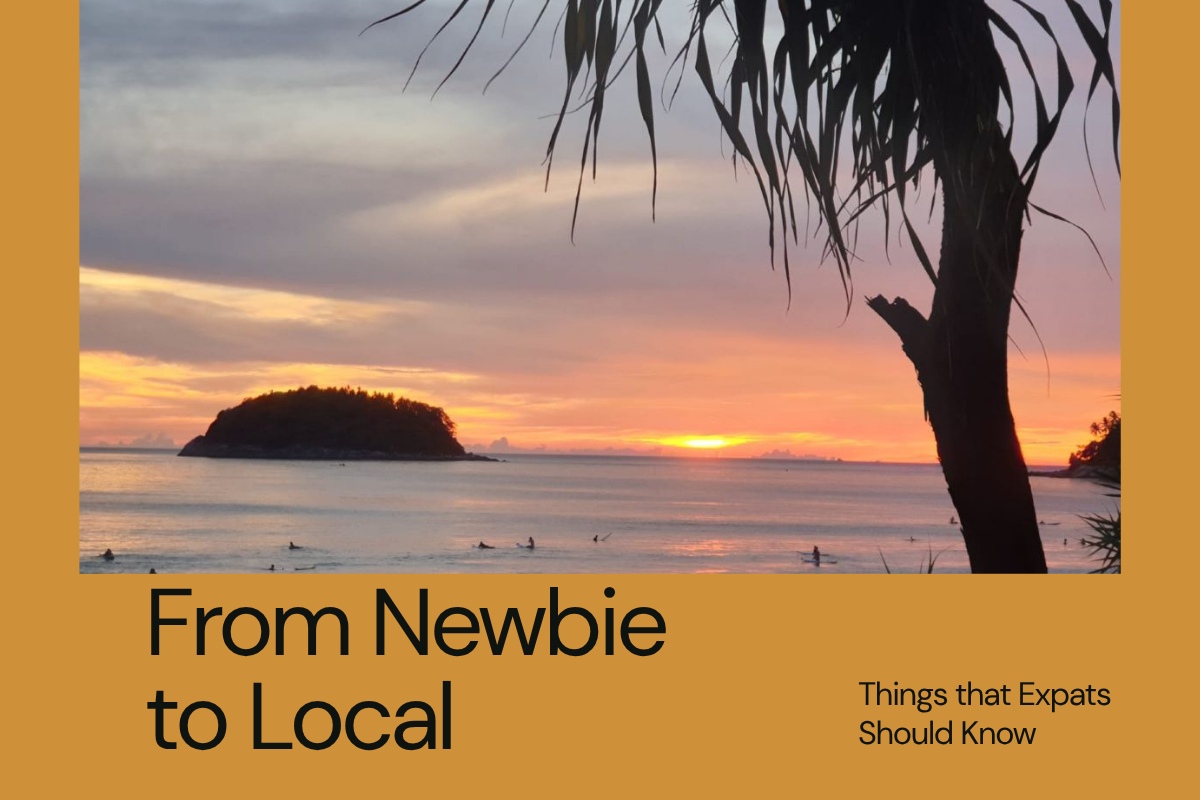
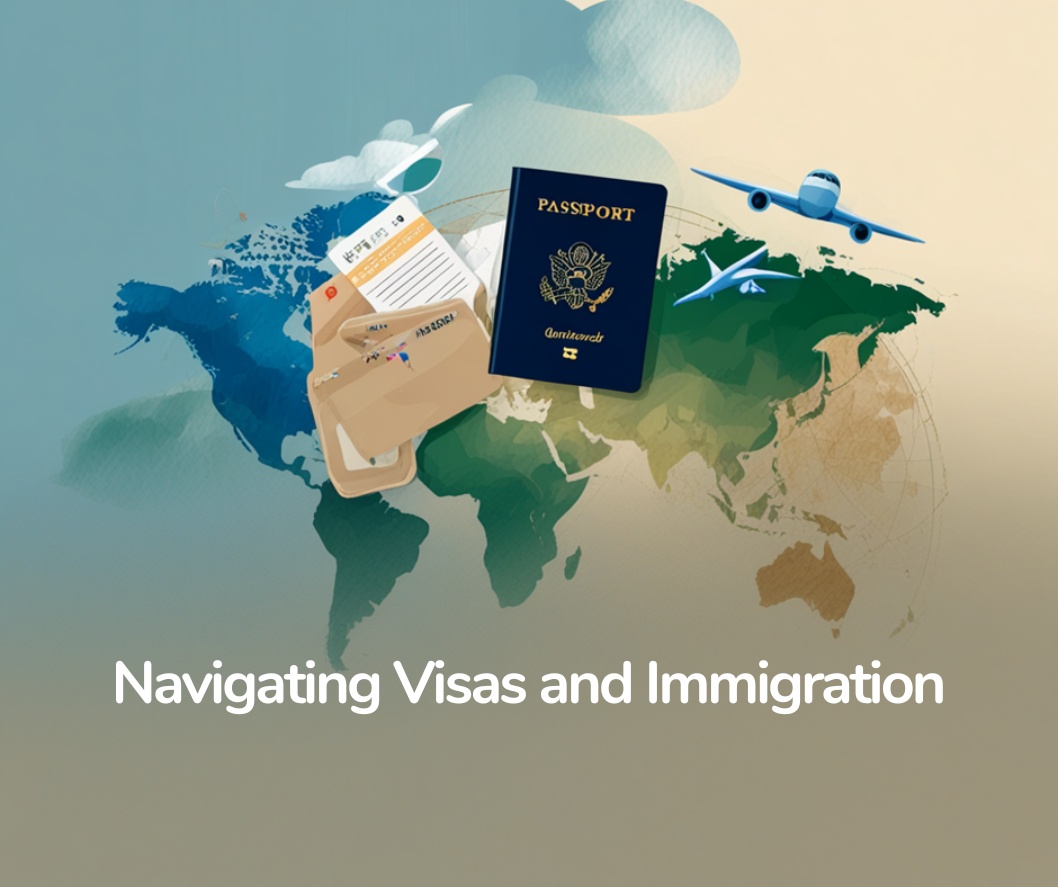

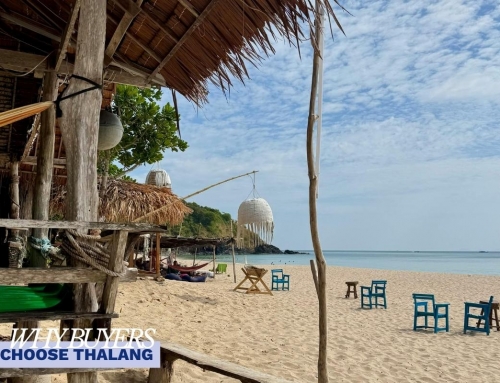
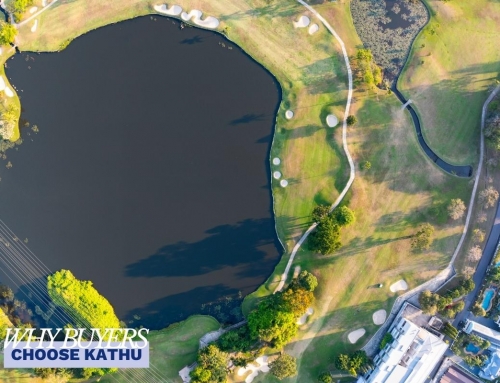

Social Contact